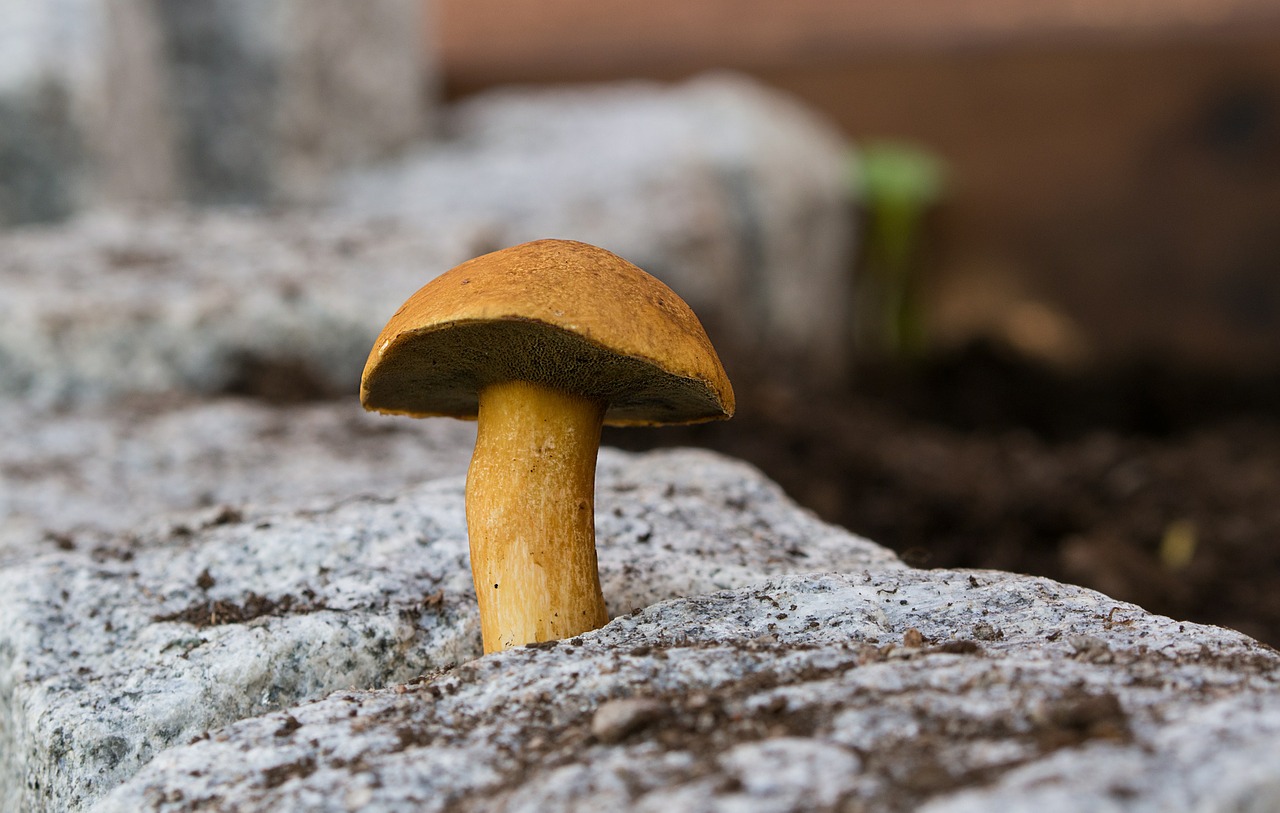
Fresh sources of silicon-based rock minerals are essential to the life and vitality of plants and key to supporting healthier soils. Unfortunately, many of the world soils have become depleted of essential minerals, including:
- Silicon (Si) – a key component of plant cell walls, silicon improves plant structure and increases resistance to pest and disease.
- Calcium (Ca) and Magnesium (Mg) – help regulate soil cation exchange capacity that determines the availability of many other nutrients in the soil.
- Iron (Fe) – a catalyst to chlorophyll formation. Unlike natural sources of iron (like volcanic basalt), many synthetic iron fertilizers are ineffective because the iron converts rapidly to forms that are unavailable to plants.
- Magnesium (Mg) – the central atom in chlorophyll and a frequently occurring deficiency.
In many cases, mineral deficiencies are easily corrected through remineralization. Exactly like it sounds, remineralization is the process of adding minerals back to the soil. This is usually achieved by applying an all-natural amendment such as rock dust (also called “rock flour” or “rock powder”). Remineralization mimics the earth’s own slow manner of regenerating the soil through geological activities such as volcanoes and glaciers.
Basalt: A Superior Source of Minerals
What type of rock dust is best? There are many different types of rock dust, each with different properties. For example, rock phosphate is rich in phosphorous. Rock dust made of granite is rich in potassium. Yet, many organic growers agree that one of the very best sources of rock dust is volcanic basalt for its ability to deliver a balanced mix of nutrients in a form that is readily available to plant roots over an extended period of time.
Crushed volcanic basalt supports and increases microbial activity in all soils and provides micronutrients and trace elements that are important to the life cycle of plants. The silicon in basalt also contributes to increased growth, vigor and disease resistance. Last but not least, volcanic basalt in the form of rock dust has proven benefits that date back to the 1930s.
Gardeners can feel good about using rock dust because it is an all-natural, relatively inexpensive way to restore the health of the soil without causing damage to plants or exposing children and pets to synthetic toxins. It is the ideal product for organic farming, orchards, vineyards, golf courses, indoor gardens and more.
***
For best results, look for an all-natural product like Cascade Minerals Remineralizing Soil Booster which is made entirely in the U.S.A. and is listed by the Organic Materials Review Institute (OMRI) for use in organic production in accordance with the USDA National Organic Program Rule and Canadian Organic Standards.
